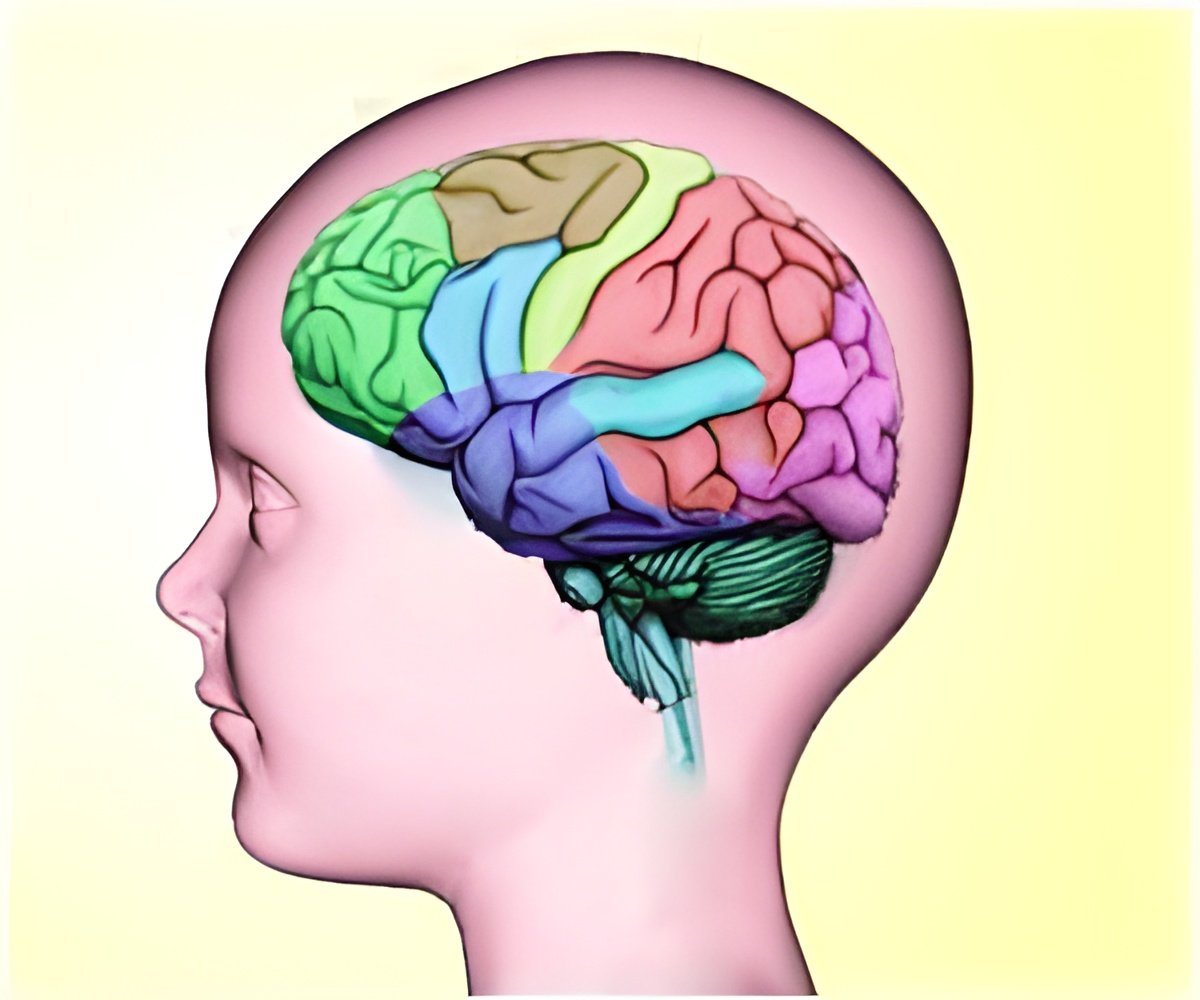A new developing laser surgical technique for epilepsy appears to be safe and effective and reduces hospital stays to one or two days.

Five patients between ages 11 and 18 underwent laser ablation surgery at Miami Children's Hospital between May 2011 and June 2012. Two patients, one of whom required a second ablation, were seizure free after surgery, and another patient's seizures were decreased. Of the two remaining patients, one became seizure free following conversion to conventional resection, while the other was little improved. (Abstract #1.287)
According to Ian Miller, M.D., Director of Neuroinformatics at Miami Children's Hospital, "The biggest factor determining success was precise placement of the laser fiber, and complete ablation of the epileptogenic zone. Small deep lesions such as those seen in tuberous sclerosis may be particularly amenable to this approach."
In a similar study conducted by a research team at the Sutter Medical Center, Sacramento, and the Epilepsy and Biomagnetic Imaging Centers at the University of California San Francisco, four pediatric patients with intractable seizures between ages 8 and 19 underwent laser ablation surgery between November 2011 and June 2012. All four were pain free, eating and ambulatory six to eight hours after surgery and discharged in less than 24 hours. Seen several weeks post-operatively, three of the four patients were seizure free. For the fourth patient, who has a complex genetic disorder, seizures were reduced from four per day to one per week. (Abstract #1.278)
"Laser ablation may offer an attractive option for destroying deep non-mesial temporal and non-lesional foci with minimal risk and invasiveness," said Michael G. Chez, M.D., Director of Pediatric Neurology at the Sutter Medical Center. "However, more studies are needed to demonstrate its long-term efficacy and potential to reduce the burden of anticonvulsant drugs."
Laser used as a light scalpel
In another developing laser application, investigators have demonstrated the less invasive potential of ultra-short, femtosecond, laser incisions as an alternative to multiple subpial transection (MST), a mechanical procedure for producing a series of incisions in epileptogenic tissue whose critical function must be preserved.
Advertisement
Working with an animal model of focal epilepsy, a research team from the Department of Biomedical Engineering, Cornell University, and the Department of Neurosurgery, Weill Cornell Medical Center, produced tightly-controlled incisions within a small brain area using femtosecond laser pulses as a light scalpel. The researchers then induced seizures within the area of incisions and observed whether the seizures were propagated to a distant EEG electrode. The number of seizures seen to propagate was significantly reduced, with approximately 54% of seizures reaching the electrode. (Abstract #3.175)
"We have demonstrated that femtosecond laser incisions are capable of blocking seizures beyond the onset zone," said Theodore Schwartz, M.D., Professor of Neurological Surgery, Weill Cornell Medical Center. "Preliminary evidence also suggests the laser incisions do not disrupt normal neuronal functionality. But much work remains before this mode of treatment becomes a precise and controlled therapy for partial epilepsy in humans."
Advertisement
The American Epilepsy Society, based in West Hartford, CT, seeks to advance and improve the treatment of epilepsy through the promotion of research and education for healthcare professionals. Society membership includes epileptologists and other medical and allied healthcare professionals, and scientists concerned with the care of people who have seizures and epilepsy.
Editors Note: Authors of these studies will be available at a press briefing at 10:30 am (PDT), December 2, in the onsite press room, Room 1A, upper level of the San Diego Convention Center. The call-in number for off-site journalists is 1-866-740-1260, passcode 5867509#.
Source-Newswise















